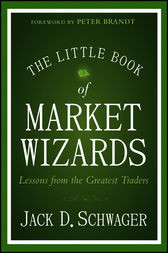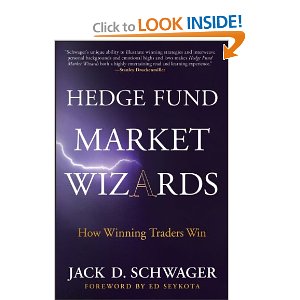1) Strategy – There are so many different strategies: value, growth, momentum, short selling, etc. Find one that fits your personality and do your best to master it. The fastest way to learn is to study success. In other words, find someone who is successful at the strategy you like, and then mimic them with your own style. Another key is to recognize when the market environment is not conducive to your strategy, and make the proper adjustments.
2) Confidence – If you don’t have confidence, you have very little chance of succeeding. This doesn’t just apply to trading, it applies to EVERYTHING in life (business, athletics, relationships, etc.). With regards to trading, you have to believe in what you are doing and not be afraid to make mistakes. The key is to learn from them, make adjustments, and constantly reevaluate your progress.
3) Product Focus – There are so many different trading vehicles: futures, commodities, currencies, stocks, bonds, options, etc. It’s ok to dabble in a few things at first, but eventually you need to find out what product works best for you, focus on it, and MASTER it. As they say, don’t be a “jack of all trades and master of none.”
4) Know Your Time Frame – You must find a time frame that fits your personality. If you are too nervous, maybe short-term trading isn’t for you. Everyone wants to make tons of money in the market really fast, but keep in mind that is not a healthy approach. Most people with this mindset tend to be “boom and bust” traders. They make a bunch of money and eventually blow up. If you are truly passionate about trading and hope to be in the game for a long time, I recommend focusing on a slow and steady approach. (more…)





 1. As long as no one cares about it, there is no trend. Would you be short Nasdaq in 1999? You can’t be short just because you think fundamentally something is overpriced.
1. As long as no one cares about it, there is no trend. Would you be short Nasdaq in 1999? You can’t be short just because you think fundamentally something is overpriced.